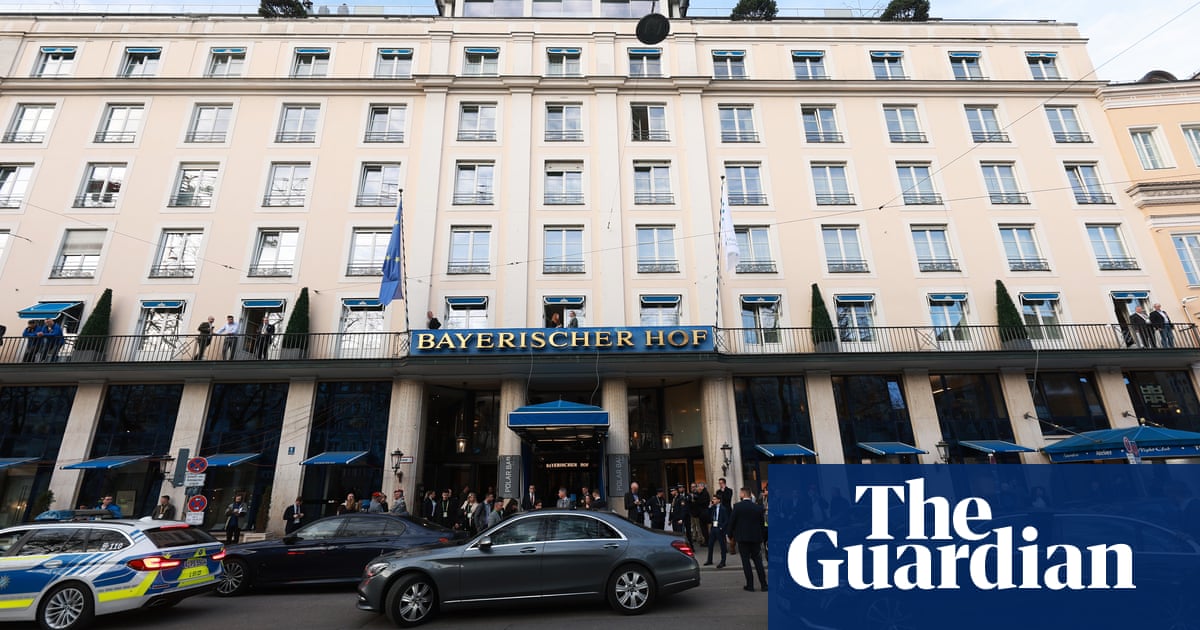Western leaders are hoping a round of meetings at a security conference in Munich will put overwhelming pressure on Israel not to press ahead with a ground offensive in Rafah.
Almost all the key figures, save the Iranian foreign minister, Hossein Amir-Abdollahian, will be present in Munich on Friday, including foreign ministers from Saudi Arabia, Egypt, Qatar and Jordan. The Israeli president, Isaac Herzog, and foreign minister, Israel Katz, will also attend along with three freed hostages, Raz Ben Ami, Adi Shoham and Aviva Siegel. Antony Blinken, the US secretary of state, is flying in too.
The pressure on Israel to avoid a ground offensive is coming from almost all quarters, including allies such as the US, UK, France, Canada, Australia and New Zealand. The shadow of a return to the international court of justice and a further Algerian-sponsored UN security council resolution is looming over Israel.



This is the best summary I could come up with:
Western leaders are hoping a round of meetings at a security conference in Munich will put overwhelming pressure on Israel not to press ahead with a ground offensive in Rafah.
The Israeli president, Isaac Herzog, and foreign minister, Israel Katz, will also attend along with three freed hostages, Raz Ben Ami, Adi Shoham and Aviva Siegel.
Since Tuesday, Egypt has hosted representatives from the US, Israel’s main supporter, and Qatar, where the Hamas political leadership is based, for talks about a lengthy truce, including the release of more hostages.
Separate, more clandestine, talks are under way to see if Hamas can form a “national consensus government” with the Fatah movement led by the Palestinian Authority (PA) president, Mahmoud Abbas, under the umbrella of the Palestine Liberation Organisation.
But US recognition of Palestine, a huge step to take, would require the PA to do more to revitalise its democracy, including Abbas handing greater power to the prime minister, Mohammad Shtayyeh.
At the end of January, Shtayyeh announced a comprehensive reform programme, including appointing new regional governors, after Abbas sacked 12 in August without giving a reason.
The original article contains 868 words, the summary contains 185 words. Saved 79%. I’m a bot and I’m open source!